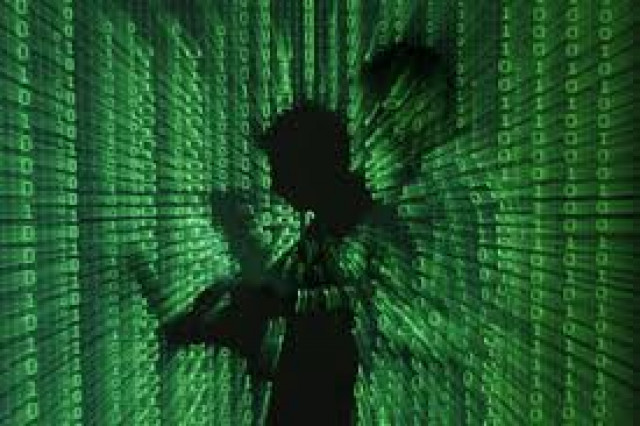Machine 'learns' like a human
It is called a "Bayesian Program Learning" (BPL) framework, where concepts are represented as simple computer...

PHOTO: REUTERS
The system described in the journal Science is a computer model "that captures humans' unique ability to learn new concepts from a single example," the study said.
IBA team’s robot hacks its way to the bronze in RoboCup Iran Open 2014
"Though the model is only capable of learning handwritten characters from alphabets, the approach underlying it could be broadened to have applications for other symbol-based systems, like gestures, dance moves, and the words of spoken and signed languages."
Joshua Tenenbaum, a professor at the Massachusetts Institute for Technology (MIT), said he wanted to build a machine that could mimic the mental abilities of young children.
"Before they get to kindergarten, children learn to recognise new concepts from just a single example, and can even imagine new examples they haven't seen," said Tenenbaum.
"We are still far from building machines as smart as a human child, but this is the first time we have had a machine able to learn and use a large class of real-world concepts -- even simple visual concepts such as handwritten characters -- in ways that are hard to tell apart from humans."
The system is a called a "Bayesian Program Learning" (BPL) framework, where concepts are represented as simple computer programs.
Pak-China ‘Technology Park’ on anvil
Researchers showed that the model could use "knowledge from previous concepts to speed learning on new concepts," such as building on knowledge of the Latin alphabet to learn letters in the Greek alphabet.
"The authors applied their model to over 1,600 types of handwritten characters in 50 of the world's writing systems, including Sanskrit, Tibetan, Gujarati, Glagolitic -- and even invented characters such as those from the television series Futurama," said the study.
Since humans require very little data to learn a new concept, the research could lead to new advances in artificial intelligence, the study authors said.
"It has been very difficult to build machines that require as little data as humans when learning a new concept," said Ruslan Salakhutdinov, an assistant professor of computer science at the University of Toronto.
"Replicating these abilities is an exciting area of research connecting machine learning, statistics, computer vision, and cognitive science."



















COMMENTS
Comments are moderated and generally will be posted if they are on-topic and not abusive.
For more information, please see our Comments FAQ